Alana Findlay has always had to fight for her autistic son’s schooling.
While Alana felt that eight-year-old Calum could not handle mainstream school, Highland Council insisted that he must attend.
The row culminated in all of Alana’s children being placed on the Child Protection Register – only to be swiftly removed again six months later.
Like many autistic children, Calum has a range of educational challenges. He has a working diagnosis of autism and pathological demand avoidance. He was mute until the age of seven, and communicated using Makaton.
When the family lived in Aberdeenshire, Calum benefited from special education, including horse riding and outdoor play. Alana says she received about 30 hours per week of help, including assistance getting Calum and his siblings to school.
She says that all changed when she moved to the Highlands.
“Calum’s new head teacher decided he could go to school, even though I had all his medical needs documented by Aberdeenshire Council,” says Alana.
When Alana refused to send Calum to school full-time, Highland Council became concerned about the family’s welfare.
Official documents seen by the P&J state: “If Mrs Findlay is unable to meet the needs of Calum even with support, an alternative placement will be sought for him outwith the family home.”
The document says that the ultimate goal is “for Calum to attend school full time”.
On 27 July 2021, Calum, his five siblings, and Alana’s unborn baby were all placed on the Child Protection Register.
Alana was floored.
“My educational psychologist back in Aberdeenshire called to try to stop it. But the council made out that I hadn’t put my kids to school,” she says.
Aberdeenshire documents reveal ‘no pressure’ to attend school
Alana has provided documents to the P&J from Calum’s time in Aberdeenshire. These show the level of Calum’s additional support needs.
The documents include assessments from head teachers, educational psychologists, pupil support assistants and doctors.
In the extract below, professionals discuss Calum’s mutism and demand avoidance, agreeing that he should try to attend school just once a week.
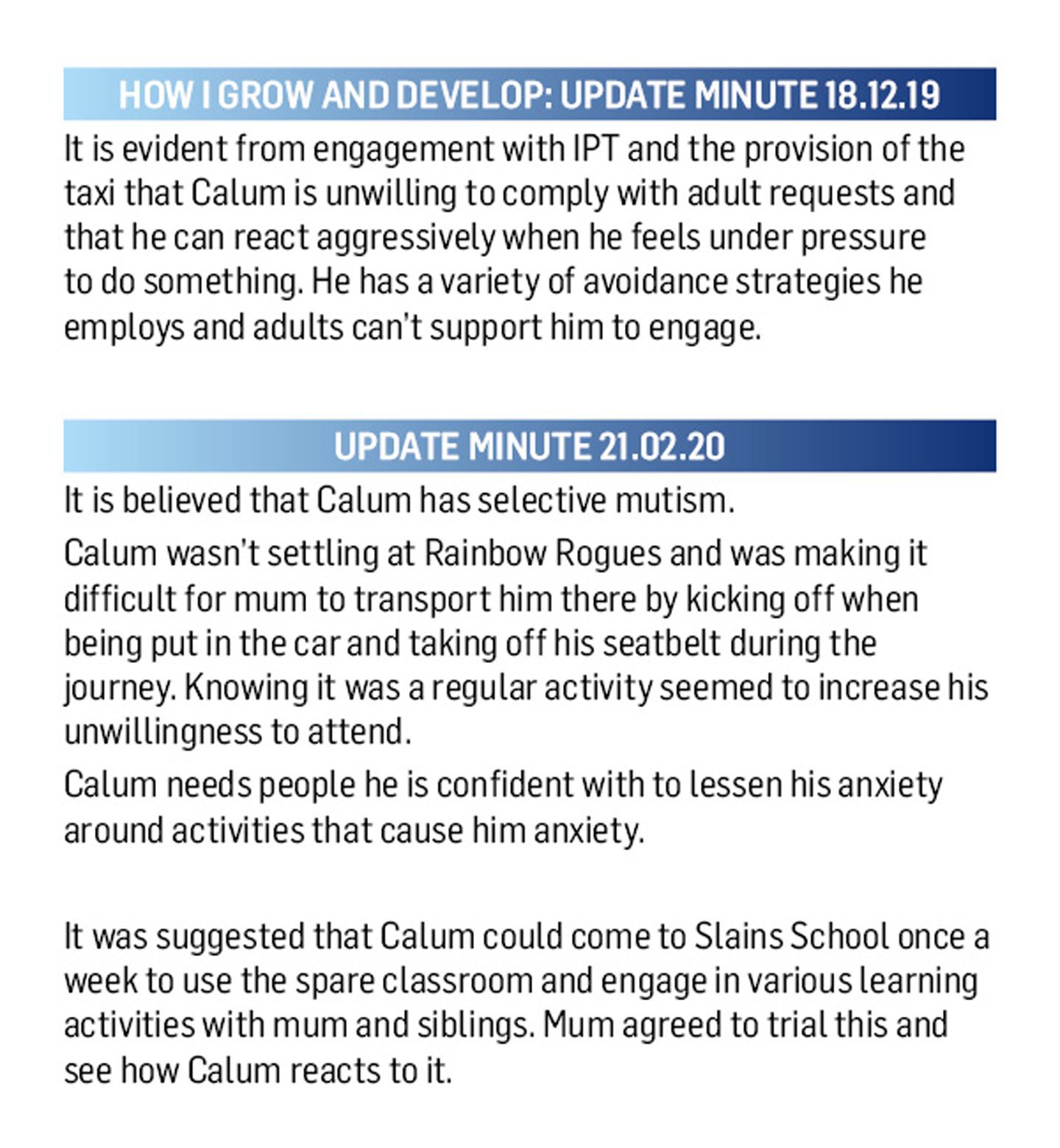 In a later meeting, authorities confirm that Calum won’t be sent to full-time, mainstream school.
In a later meeting, authorities confirm that Calum won’t be sent to full-time, mainstream school.

However, when the family moved to the north, professionals there took a different view.
Alana says Calum’s new school offered reassurances that he would have the same support he had in their previous home. However, she says she was offered four hours’ support per week compared to 30 in Aberdeenshire.
“There’s no support in Highland,” she says. “There’s just nothing, and no-one to fight your corner.”
Calum’s new school didn’t have enough space for his younger brother, Owen, and Highland Council said Alana missed two meetings to discuss a solution for both boys – a claim she strenuously denies.
“They cancelled it themselves because of Covid,” she says.
‘They judged me as a young mum’
Instead, Alana believes she was a victim of discrimination.
“They judged me because I was a young mum with six kids and one on the way,” she says. “They wrote horrendous things in Calum’s chronology without even knowing me.”
Alana says the turning point was an intervention from Aberdeenshire Council. The local authority provided reports from Calum’s previous educational psychologist and head teacher, which demonstrated his complex needs.
 Alana recalls: “My educational psychologist back in Aberdeenshire said she was willing to go to court for my case because the picture they were painting – and the reality – were very different.”
Alana recalls: “My educational psychologist back in Aberdeenshire said she was willing to go to court for my case because the picture they were painting – and the reality – were very different.”
On 28 October 2021, official documents show the children taken back off the register. They state there is “no ongoing harm and multi-agency intervention is not necessary.”
Alana says she has had no further involvement from social services since then.
Council says support is there
Highland Council said it cannot comment on individual cases. However, a spokeswoman emphasised that the council is committed to supporting children with additional support needs.
“We work in partnership with parents, carers, children and young people to identify and understand their needs and to provide appropriate interventions,” she said.
“The underpinning principle in all of our ASN policies is that children and young people are supported to achieve their potential. Our policy and guidance on supporting children with autism was written in conjunction with parents and organisations supporting families with children who have been identified as autistic.”
The council also said that families can access support by calling the Just Ask Helpline on 0300 303 1365.
For her part, Alana says she’s been left traumatised by the whole experience.
“I gave birth to a premature baby in the middle of all this,” she says. “I can’t even explain the mental damage it caused me.
“It infuriates me that this can be done and they just try to brush it under the carpet. If feels like nobody is fighting your corner.”
‘I’ll never fail my children’
Sadly, Alana’s is not an isolated case. The P&J has spoken to parents across the north and north-east, who say their child is not getting enough support at school.
Jayne Scollay from Wick has two autistic boys. Her eldest, Innes, hasn’t been back to school since lockdown because Jayne says the town’s new campus has ‘no safe space’ for autistic children.
Tired of fighting the system, Jayne is home schooling her youngest, Ivan.
Jayne says the lack of specialist provision at Wick High School is disability discrimination, and Govan Law Centre has taken up the case.
In Aberdeenshire, Karen McNeill also went to Govan Law Centre to secure a place for son Cameron at Camphill special school.
Like Innes, Cameron has been unable to attend school since lockdown, and Karen now faces the prospect of a second tribunal to help him access education outwith a formal school setting.
So what’s next for Alana and Calum?
It seems the family have reached a bit of a stalemate. Alana says the most recent correspondence with Highland Council again insists that Calum must attend full-time, mainstream school.
“They said if he doesn’t attend they’ll take enforcement action,” she says.
Tired of fighting, Alana has now formally registered Calum for home schooling. She says she has no faith that Highland Council can provide the support her son needs to finally receive an education.
“It’s like they want you to fail,” she says, “but I’ll never fail my children.”
Useful links:
Scottish Autism
National Autistic Society Scotland
Govan Law Centre
Read more from our autism investigation
What are the signs of autism in children and how can I get support?
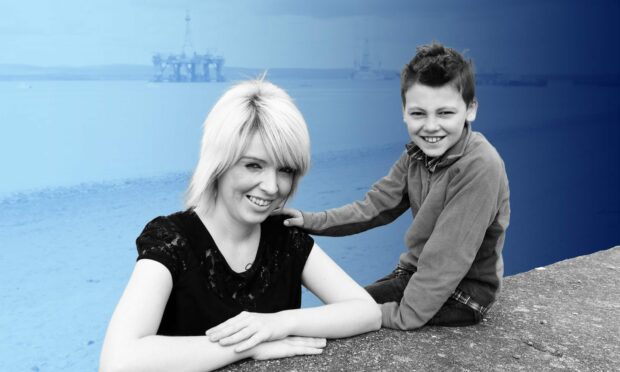
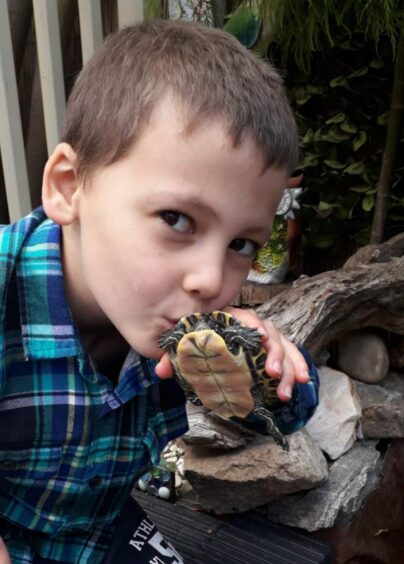
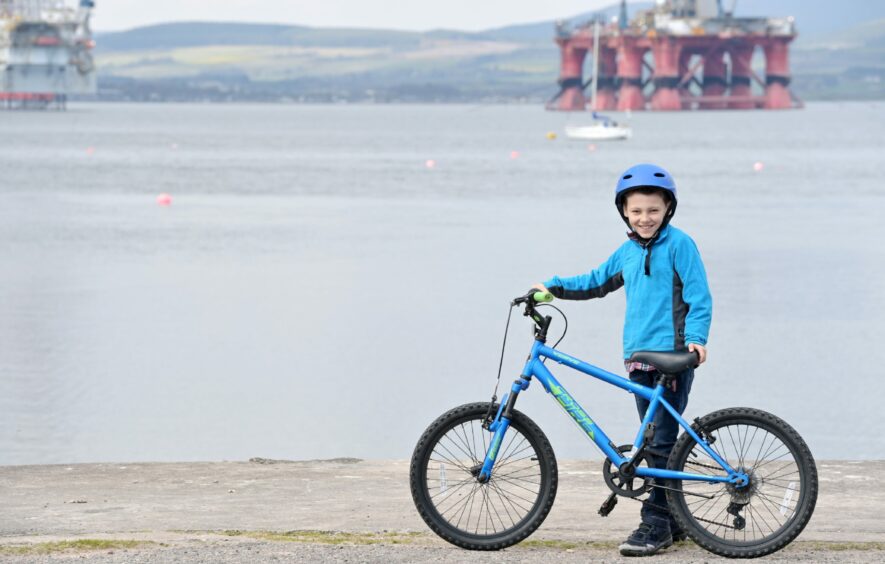
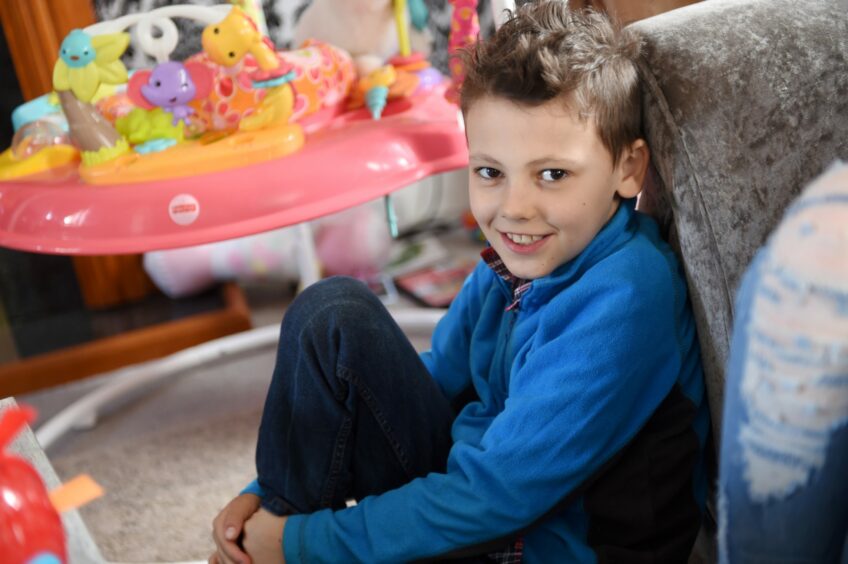
Conversation